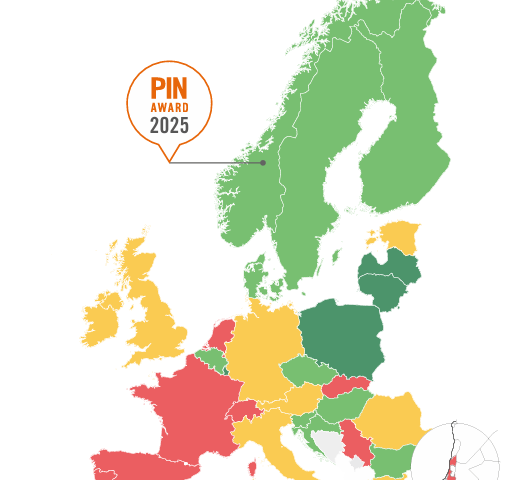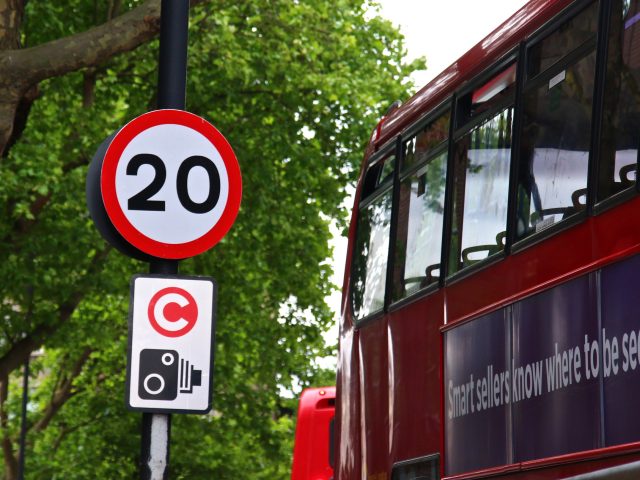Swiss research shows 30 km/h zones reduced crashes by 38%
ETSC’s Swiss member organisation, BFU, has released a report showing 30 km/h speed zones, and other infrastructure changes, lead to big improvements in road safety. Through their EVAMIR geographic database of infrastructure changes, the BFU has been able to assess the effectiveness of measures that affect road infrastructure for the first time. The database contains detailed information on 2500 measures classified into 28 types. BFU says it was able to make a reliable assessment of the effectiveness of seven types of measures which revealed reductions in the number of crashes by between 11% and 66%.
The BFU created the digital platform EVAMIR (evaluation of road infrastructure measures) in 2014, based on geographic information system (GIS) data.
The BFU found that lowering the speed limit to 30 km/h led to a decline in the number of serious crashes according to data from almost 600 30 km/h zones in Switzerland. The study concluded that the creation of the zones reduced the number of serious crashes by 38% on average. The BFU is calling for a ‘paradigm shift’ in traffic management with speeds limited to 30 km/h « wherever road safety requires it ».
The call was echoed earlier this month in Flanders, Belgium, by the chair of the Flemish Road Safety Forum Cathy Berx who said local authorities should ‘opt for 30 km/h as the standard limit’. Meanwhile the government of the UK nation of Wales has set 17 September as the date to roll-out a new nationwide 30 km/h limit on residential roads and built-up areas with high pedestrian activity.







